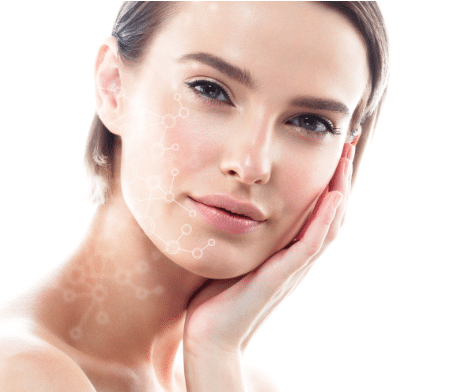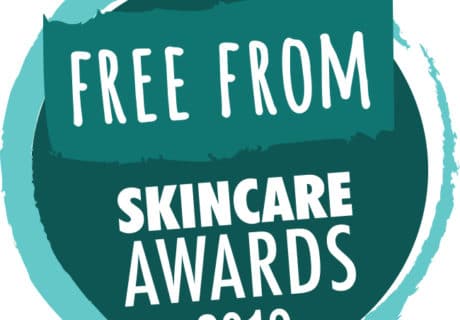New research from Mintel highlighting the trends driving innovation in UK skincare, has revealed that British brands are leading the way globally in a number of areas, including facial skincare targeting the microbiome.
In a sector that is recognizing the importance of the skin’s unique ecosystem, over 37% of the world’s skincare launches aimed at the skin’s microbiome in 2018 were in the UK. This compares with the 25% in the US and 15% in France, according to Mintel Global New Products Database.
The research company also found that the demand for transparency and toxin-free products has never been greater, and that in 2018, the UK was the leading European market for ‘clean’ colour cosmetics launches, and second globally only to the US. In fact, the UK accounted for 21% of all global ‘clean’ colour cosmetics launches during the year.
In addition, the UK has seen a massive increase in vegan and gluten-free hair care, with Mintel stating that vegan claims trebled between 2014-18, rising from 6% of all launches in 2014 to one in five (20%) in 2018. In comparison, only 10% of hair care launches across the globe carried a vegan claim.
Meanwhile, gluten-free claims trebled in hair care between 2016-18 in the UK, rising from 3% of all launches in 2016 to 9% in 2018. In comparison, just 4% of hair care launches across the globe carried a gluten-free claim.
“The UK is a hotbed of beauty innovation, with major global trends emerging and developing,” explains Jane Henderson, global president – beauty and personal care division at Mintel. “British skincare brands have been among the first to understand the importance of the microbiome, the natural bacteria found in and on the body which can be balanced through skincare. In the next five to ten years, the skincare industry will expand from simply focusing on the microbiome to also include the exposome, ie external environmental factors like pathogens, fungi, pollution and plants that interact with our DNA and affect our health. This will inspire NPD that takes a bespoke and holistic approach to skincare and health, such as exposome-measuring wearable devices, bespoke ingestibles, personalised DNA nutrition, and products that boost skin health and personal air quality.”
She adds: “The clean beauty movement started out in skincare and is now quickly moving into colour cosmetics, with the UK leading the way. Consumers are holistically looking to clean up their lifestyles, so clean make-up will become increasingly important in the coming years. Clean beauty is more than a trend, it’s a lifestyle, and as such brands must adapt to the changing landscape to secure their place in the future market.”





